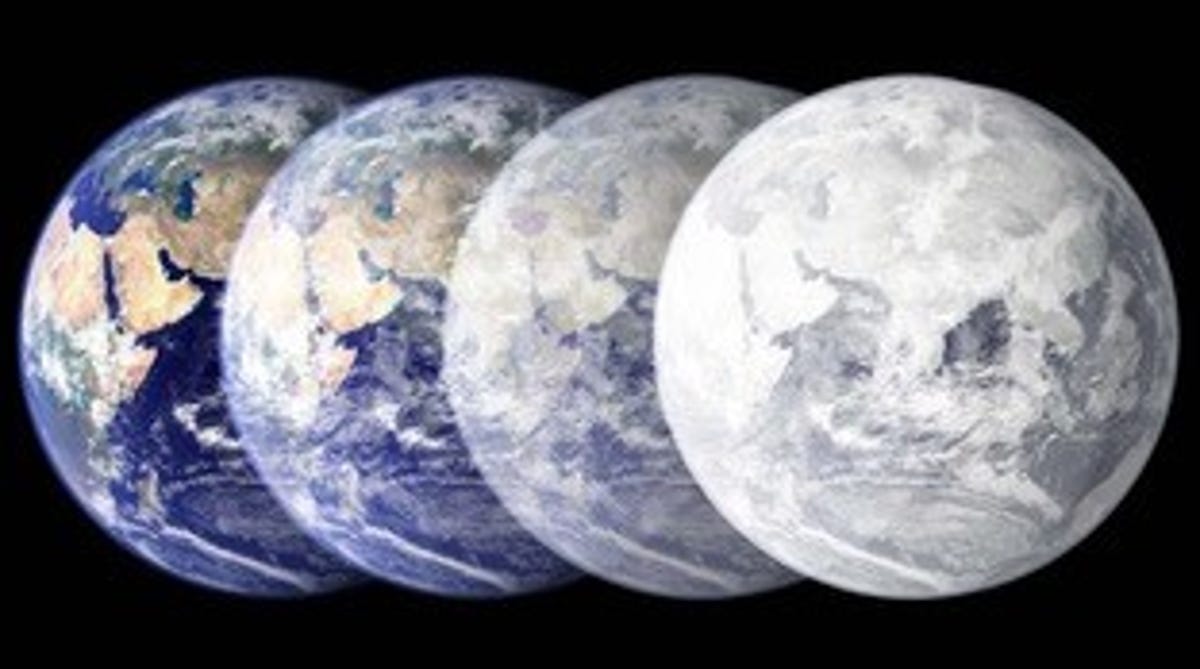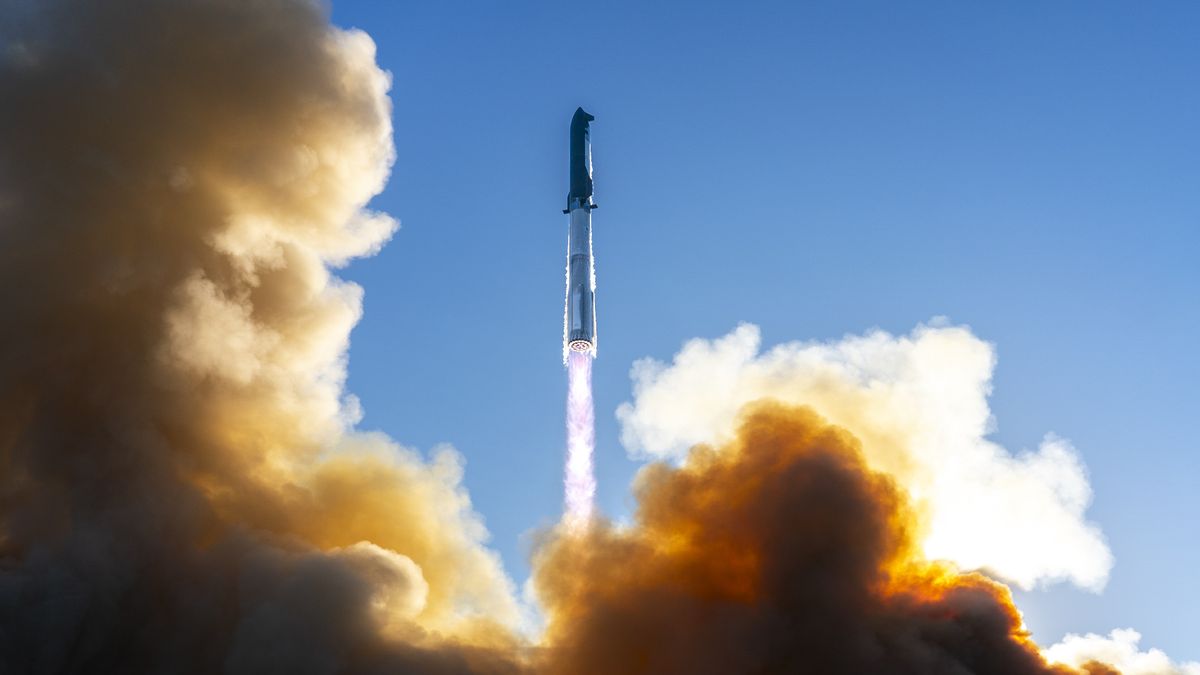
A team of researchers believes they can forecast the timing of the next ice age on Earth, but there’s no need to be alarmed—it’s not expected to occur for a very long time.
According to their study published this week in Science, scientists estimate that an ice age may commence in roughly 10,000 years. However, they suggest that the onset could be postponed due to human-induced climate change.
For years, researchers have understood that minute variations in Earth’s orbit around the sun play a significant role in the glacial cycles spanning millennia. This recent analysis marks the first time a team has pinpointed which specific orbital factor most significantly impacts the initiation and conclusion of ice ages, as highlighted in a news release from the University of California, Santa Barbara. Their findings indicate a correlation between Earth’s climatic shifts, including ice ages and warmer interglacial phases like our current epoch, and orbital dynamics.
“We were surprised to uncover such a distinct correlation between the various orbital factors and the climate record,” remarked Stephen Barker, a professor from Cardiff University, in the announcement. “It’s quite remarkable that this pattern hasn’t been recognized before.”
The Milankovitch theory, established over a century ago, posits that minor fluctuations in Earth’s orbit, along with its axial tilt, are responsible for long-term climate adjustments, thereby initiating and concluding ice ages.
By assessing nearly a million years of climate data, the research team identified a “pattern” that enhances predictive capabilities regarding future climate scenarios.
The current epoch, known as the Holocene, commenced around 11,700 years ago following the last ice age. This interglacial phase is typically expected to remain stable, suggesting the next ice age could begin in approximately 10,000 years, according to the researchers’ findings.
“However, the transition to a glacial state in 10,000 years is highly unlikely because human-induced carbon dioxide emissions have already diverted the climate from its natural path, with lasting effects anticipated,” noted Gregor Knorr, a co-author from the Alfred Wegener Institute’s Helmholtz Centre for Polar and Marine Research in Germany.
The extent of human impact on climate cycles remains unclear. The researchers plan to explore how human activities will influence the onset of the next ice age.
“Understanding this is crucial for making informed decisions regarding greenhouse gas emissions today, which will dictate future climate conditions,” Barker emphasized.









